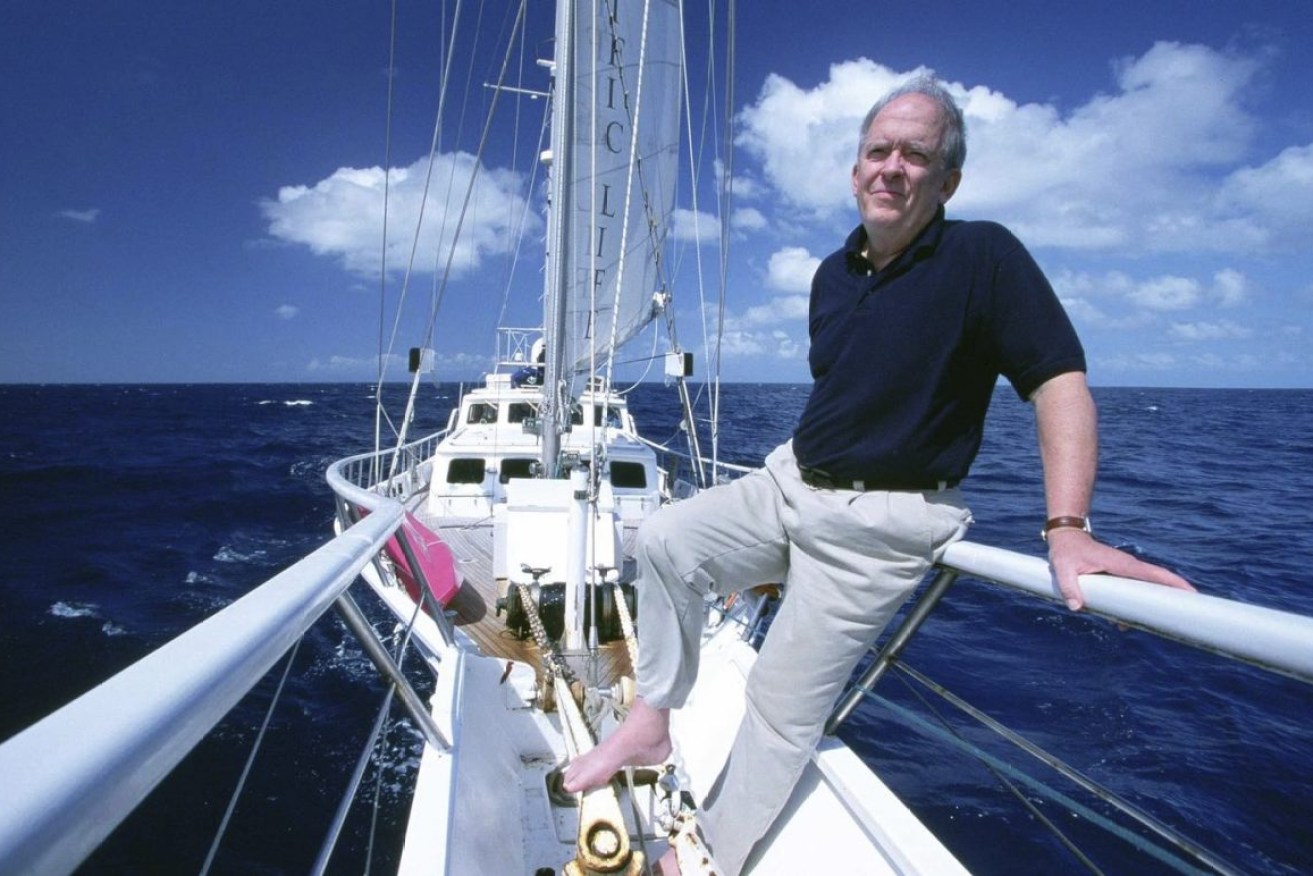Scientist who first tuned into whale song dies
Roger Payne, the scientist who spurred a worldwide environmental conservation movement with his discovery of whale song, has died aged 88.

Photo: Christopher Johnson/Ocean Alliance via AP
Payne made the discovery in 1967 during a research trip to Bermuda in which a Navy engineer provided him with a recording of curious underwater sounds documented while listening for Russian submarines.
Payne identified the haunting tones as songs whales sing to one another.
He saw the discovery of whale song as a chance to spur interest in saving the giant animals, who were disappearing from the planet.
Payne would produce the album Songs Of The Humpback Whale in 1970. A surprise hit, the record galvanised a global movement to end the practice of commercial whale hunting and save the whales from extinction.
Payne was cognisant from the start that whale song represented a chance to get the public interested in protecting an animal previously considered little more than a resource, curiosity or nuisance.
He told Nautilus Quarterly in a 2021 interview that he first heard the recording in the loud engine room of a research vessel and knew almost instantly that the sounds were indeed whales.
“In spite of the racket, what I heard blew my mind. It seemed obvious that here, finally, was a chance to get the world interested in preventing the extinction of whales,” he told the magazine.
Payne died on Saturday of pelvic cancer. He lived in South Woodstock, Vermont, with his wife, the actress Lisa Harrow.
Payne had four children from a previous marriage to zoologist Katy Payne, with whom he collaborated. The two used primitive equipment in the late 1960s to record the sounds of humpback whales, which sometimes sing their eerie, complex songs for longer than 30 minutes at a stretch.
The impact of the whale song discovery on the nascent environmental movement was immense. Many anti-war protesters of the day took on saving animals and the environment as a new cause, and the words “save the whales” became ubiquitous on tote bags and bumper stickers.
The world has lost a giant of environmental conservation with Payne’s death, said Iain Kerr, the chief executive officer of Ocean Alliance and a longtime collaborator with Payne. Payne retired two years ago.
“He had a presence and a way of connecting to people that led them to dedicating their lives to protecting whales and our planet Earth,” Kerr said.
Payne was born in New York City and educated at Harvard University and Cornell University, where he received his doctorate. Early in his career as a biologist, he studied bats and birds.
He met Harrow in 1991 at a rally for whale protection at Trafalgar Square in London. They married within 10 weeks of meeting.
“The way his mind worked was a constant joy,” Harrow said.
“He was constantly seeking answers, to seemingly constant questions.”
-AAP




